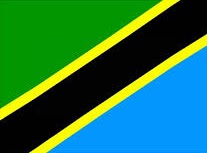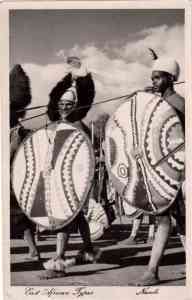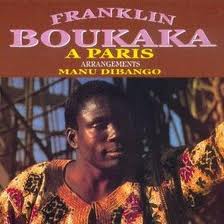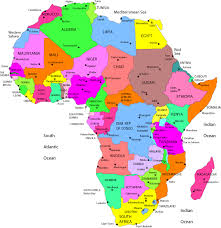
Senegal opposition presidential candidate Bassirou Diomaye Faye, a political newcomer popular among the masses, came out of Sunday’s elections in Senegal with a strong lead. On Monday morning, his main rival, Amadou Ba conceded defeat. Faye who has been brought to the front of the Senegalese politics just over a week after he was released from prison, has been mentored by the true candidate of the masses Ousmane Sonko who everybody loved, but who the government had managed to disqualify from standing for election because of a bogus conviction. Faye contested the elections as an independent given that his party Patriots of Senegal (PASTEF), founded by Ousmane Sonko, had been dissolved. He ran under the slogan of “Diomaye mooy Ousmane” (meaning, Diomaye is Ousmane in Wolof) given that most Senegalese who voted for him, were in reality voting for his beloved mentor Sonko. At 44 years-old, he will be the youngest African president, and fifth president of Senegal.
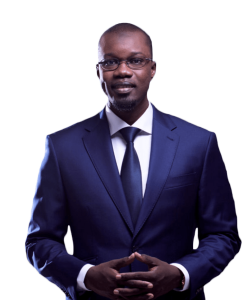
We applaud the victory of the people of Senegal who stood strong in the face of Macky Sall, the incumbent’s holdup tactics on the constitution and the power. We applaud the victory of the Senegalese masses who have shown that they would not stand still while their democracy is torn into pieces. We hope that Bassirou Diomaye Faye will keep his promises of including Sonko whom the people voted; Sonko campaigned by telling all that voting for Faye was like voting for him. We hope that Faye will keep the promises made of weeding out corruption, getting out of the CFA Franc zone, renegotiating mining and hydrocarbon contracts. The country is expected to start hydrocarbon production this year. He has his work cut out for him, with the high unemployment rate. Senegal is a young nation, and Senegalese dream of finally helping their country launch into the 21st century with pride; they are ready, and hopefully Faye will offer new opportunities to the disillusioned youth.
Below are excerpts from the BBC.
====

Few had heard of him a year ago, and now he is set to become president.
Bassirou Diomaye Faye’s extraordinary rise caps a rollercoaster period in Senegalese politics that caught many off-guard. Months in jail alongside ally and kingmaker Ousmane Sonko ended suddenly, with the pair released the week before the presidential election.
Now Mr Clean, as he’s nicknamed, must get to work on the sweeping reforms he has promised.
“Methodical” and “modest” are words often used to describe the tax collector, who celebrates his 44th birthday on Monday.
Gas, oil, fishing and defence deals must all be negotiated to better serve the Senegalese people, says Mr Faye. He is ushering in an era of “sovereignty” and “rupture” as opposed to more of the same, he told voters, and that is especially true of ties to France. Senegal’s president-elect says he will drop the much-criticised CFA franc currency, which is pegged to the euro and backed by former colonial power France. Mr Faye wants to replace it with a new Senegalese, or regional West African, currency, although this will not be easy… Strengthening judicial independence and creating jobs for Senegal’s large young population are also key priorities for Mr Faye …
Both men founded the now-disbanded Pastef party, both men are tax collectors, and both men found themselves jailed last year on charges they said were politically motivated.
Mr Sonko ended up being convicted of two offences, which meant he was barred from the election, so Mr Faye stepped in.

“Bassirou is me,” Mr Sonko told supporters recently. “They are two sides of the same coin,” Pastef colleague Moustapha Sarré agrees.
… the pair’s relationship could usher in a new style of leadership.
“Maybe they will establish a tandem and break away from the hyper-presidential model of having an all-powerful head of state.
Despite the shortened campaign period, Senegal’s citizens were adamant they would turn out and use their vote, Christopher Fomunyoh – of the National Democratic Institute for international affairs – told BBC Newsday.
“Senegal is in the process of confirming that democracies can self-correct and come out stronger and more resilient.”
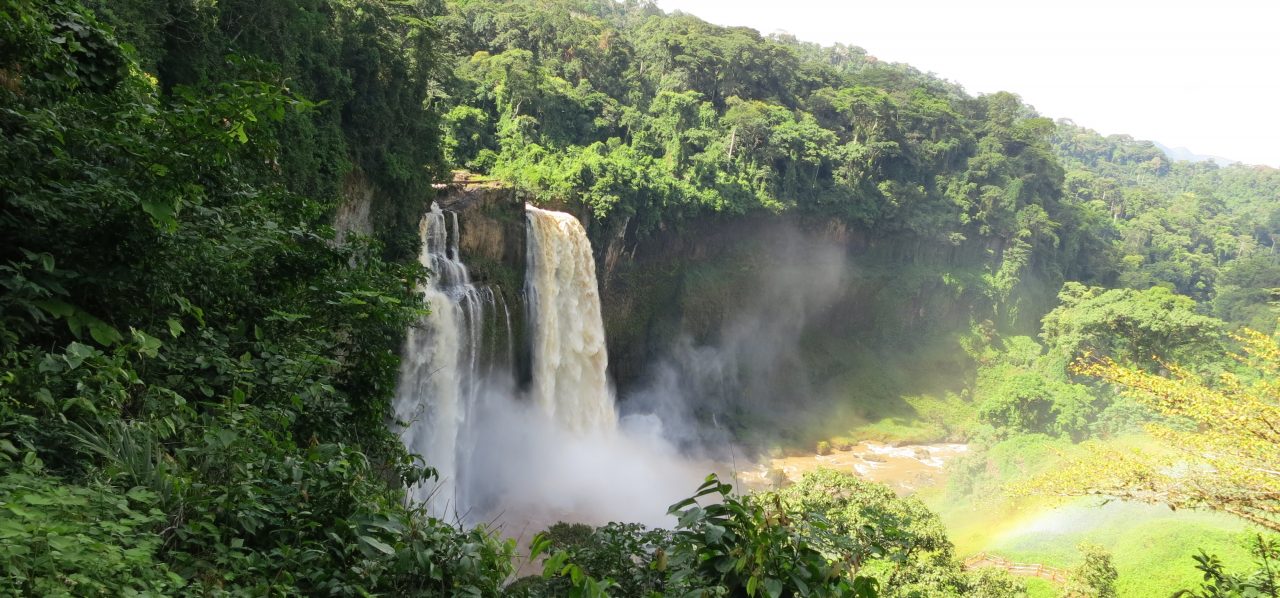

 Below is ‘
Below is ‘






